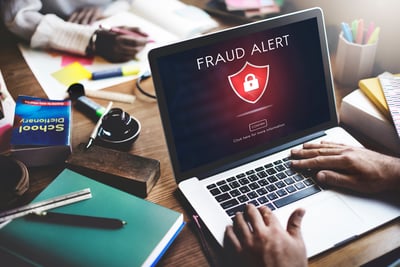 The summer is winding up, and the traditional academic year is approaching. And amid the welcomes from the deans of students, the activities coordinators, the academic advisors and so on, the new crop of undergraduates can also expect to be greeted by phishing scams. Inevitably these will all find expression online. The Better Business Bureau is offering some advice for students to think about before they depart for campus and the new academic year.
The summer is winding up, and the traditional academic year is approaching. And amid the welcomes from the deans of students, the activities coordinators, the academic advisors and so on, the new crop of undergraduates can also expect to be greeted by phishing scams. Inevitably these will all find expression online. The Better Business Bureau is offering some advice for students to think about before they depart for campus and the new academic year.
There are some impostor scams they can expect. Students should, for example, view with suspicion emails or texts they receive that purport to be from their school’s “Financial Department.” If those communications invite the recipient to click on a link and provide their student login information, then the recipient should double down on the suspicion.
There are also some foreseeable scams new undergraduates can expect to encounter. The Better Business Bureau outlines five genres.
- Fake credit card offers. This is a time in life when many young people are considering applying for their first credit card. Aside from the credit card serving as a standard temptation to fiscal improvidence (and that’s more a spiritual than a security issue) the problem with the offers is that many of them are fraudulent, “phony offers designed to access personal information.”
- Deals on apartments that are “too good to be true.” Students looking for off-campus housing can make easy marks for scammers offering a good location at an affordable rent. It’s all too often a come-on designed to steal paycard information.
- Identity theft. Just as the college years are a traditional time to pick up a credit card, they’re also a good time to begin checking credit reports. Unusual activity can be a sign of identity fraud.
- Bogus offers of scholarships and grants. Or scam offers of assistance with student loans. Do check these out with the institution’s financial aid office, especially before providing any personal information.
- e-Commerce scams. Students need stuff, and they’re accustomed to shopping online. Again, be wary of offers that seem too good to be true, especially when buying unfamiliar items.
The forms of social engineering on display as the academic year opens are familiar tunes in a new key. New school security awareness training can help on campus as much as it can in the workplace.
The Daily News Online has the Better Business Bureau’s advice.
 Here's how it works:
Here's how it works:




